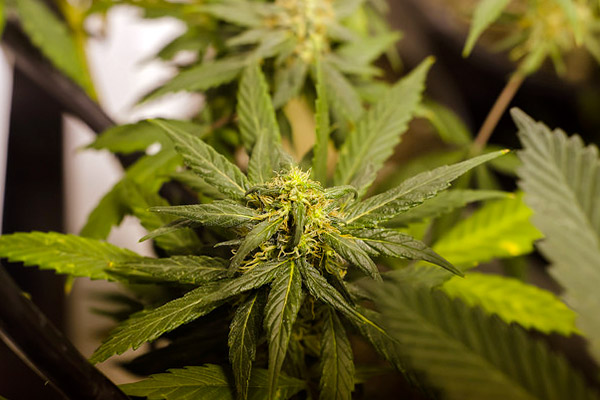
Religious Clergy Demand an End to the War on Drugs like Marijuana
- By Hayli Harding --
- 11 Jun 2015 --

The war on the war on drugs has allies that may surprise some: religious clergy. Religious leaders in Illinois are campaigning to decriminalize drugs.
Illinois may be joining the other 17 states in decriminalization of incremental amounts of marijuana. A bill called HB 218 is headed towards Governor Bruce Rauner to be read and signed. As of right now, Illinois isn’t in a good place with the current drug issue. They are number 5 in the list of marijuana possession arrests in the United States. The current drug laws aren’t entirely fair, particularly in terms of race when black people are 7.6 times more likely to be arrested for it than whites in Illinois. For over 30 grams, one can get up to 3 years and $2,500 in fines. For under 2.5 grams, you can be sentenced to a month and $1,500 in fines. HB 218 will have provisions that specify treatment towards those who have been arrested for marijuana possession, as well as keeping the arrest off criminal records and removing major criminal penalties for possession of 15 grams or less.
Clergy: Lending Support to Drugs
Clergy members may have only recently appeared to join the war in support of legalization, however that isn’t entirely true. The DuPage Unitarian Universalist Church of Naperville has been fighting for legalization since the 1970s. Reverend Tom Capo feels that the issue is beyond getting high, rather “it’s more important for us to be healing these people.” He may have had a slight hand in gaining Senator Linda Holmes vote on the HB 218 bill. He says that he hopes we can eventually say that “marijuana is no longer a controlled substance” and start giving them help rather than imprisonment. However a relatively new group, Clergy for a New Drug Policy, has begun to push for legalization and decriminalization for other reasons.
According to the Clergy for a New Drug Policy, Illinois, and many other states, are locked in a “culture of punishment”. Throughout the states, laws on drugs are typically abused and used to harm poor, minority and uneducated populations in the world. They have 9 basic goals with an aim to improve current drug laws, including removing the stigma attached to “low-level drug use,” restore their ability to apply for housing, educational grants, food stamps and other necessary supports and start programs for medical marijuana, regulation and decriminalization for states that don’t have it.
Reverend Al Sharp founded the Clergy for a New Drug Policy. He has headed Protestants for the Common Good and the Community Renewal Society. Primarily, he can be seen lobbying public policies for education funding, housing and other social justice reforms.



















